Boondoggle
Jeff Prokash, Andrew Barco, and Gülsah Mursaloglu
Curated by Danny Floyd for Chicago Artists Coalition April 28 - May 18, 2017
During the Great Depression, many New Deal programs focused on putting unemployed artists and craftspeople to work, and providing government funding for public, archival, and educational projects. One such program focused on teaching simple crafts to children by which they could produce small tchotchkes to sell and raise money for their families. A typical craft was the tying of decorative, colored leather and canvas called “boondoggles” that didn’t serve any purpose beyond aesthetic novelty and a sense of accomplishment in a time of extreme malaise. Like any social program, the idea came under fire from the political right who, unsurprisingly, saw it as wasting money in order to promote wasting time. The term boondoggle became immediately metaphorical for a large expenditure of effort and resources for a foolishly useless end, and that is how we use the word today.
This exhibition aims at reclaiming the word. The act of tying boondoggles was simultaneously a socially conscious and creative endeavor, and, as artists, we know better than to regard that as a waste of time. More and more, this stance becomes a critical political contention in an ideological return, where arts and social programs are first on the chopping block (right along with protections for transgender students and our environment). The artists in this exhibition create idiosyncratic problems just to solve them, needing no justification other than intellectual and emotional pursuit. The artists weave together complex meanings out of a self-imposed tangle of traditional, found, and archival materials. The improvised convolution of their installations is the very source of their ethos. Like a boondoggle, the means are their own ends.
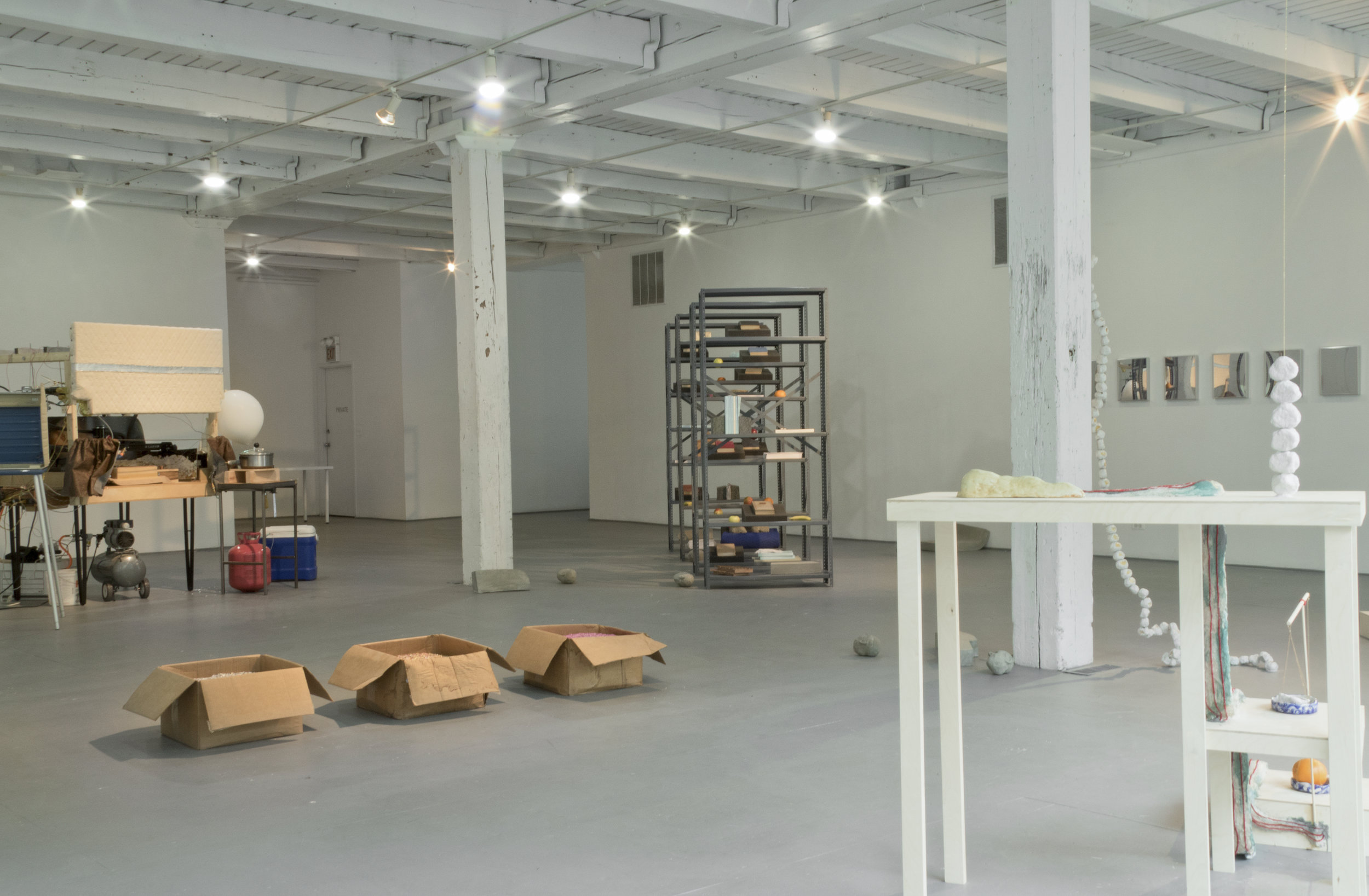
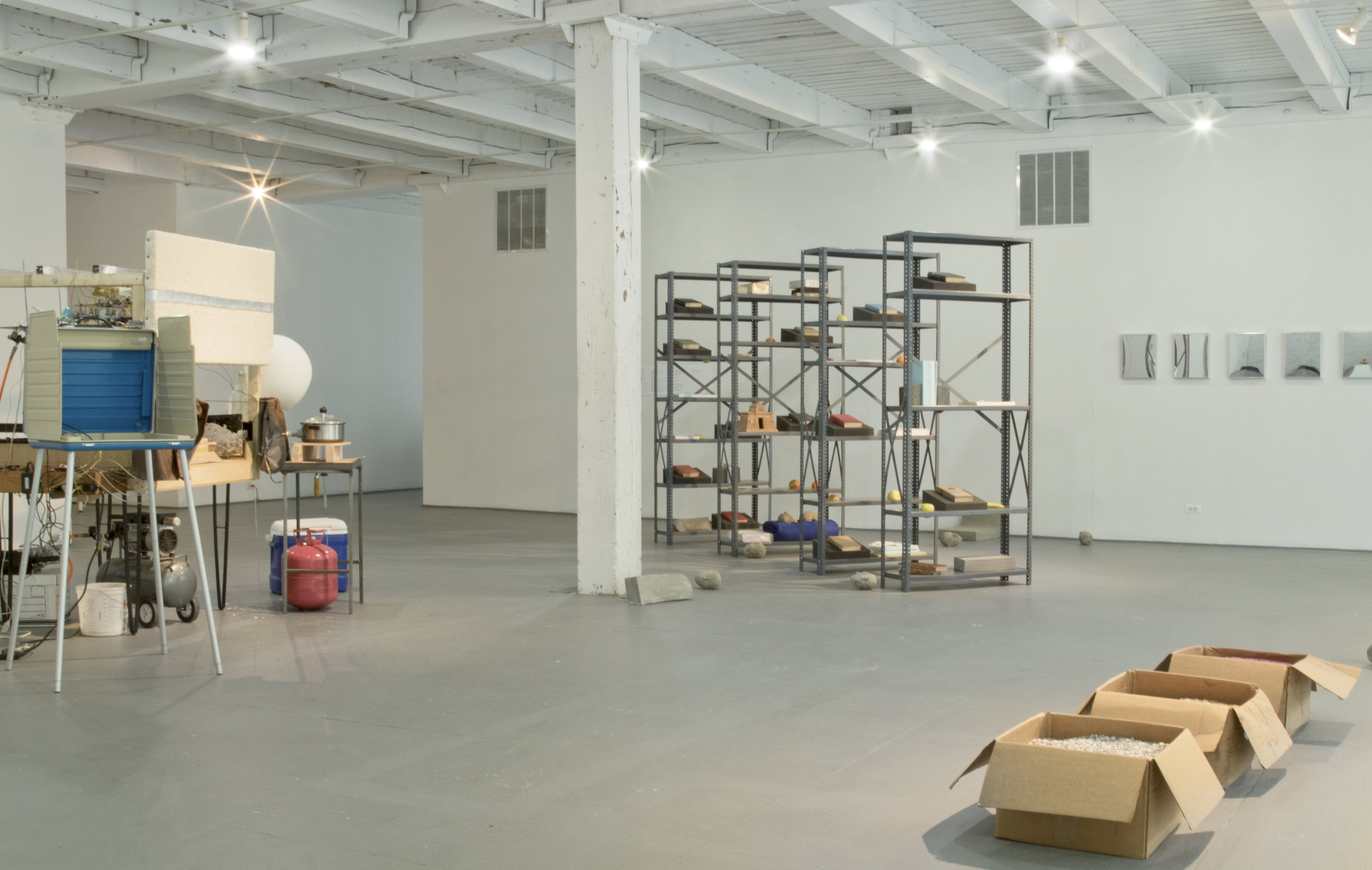
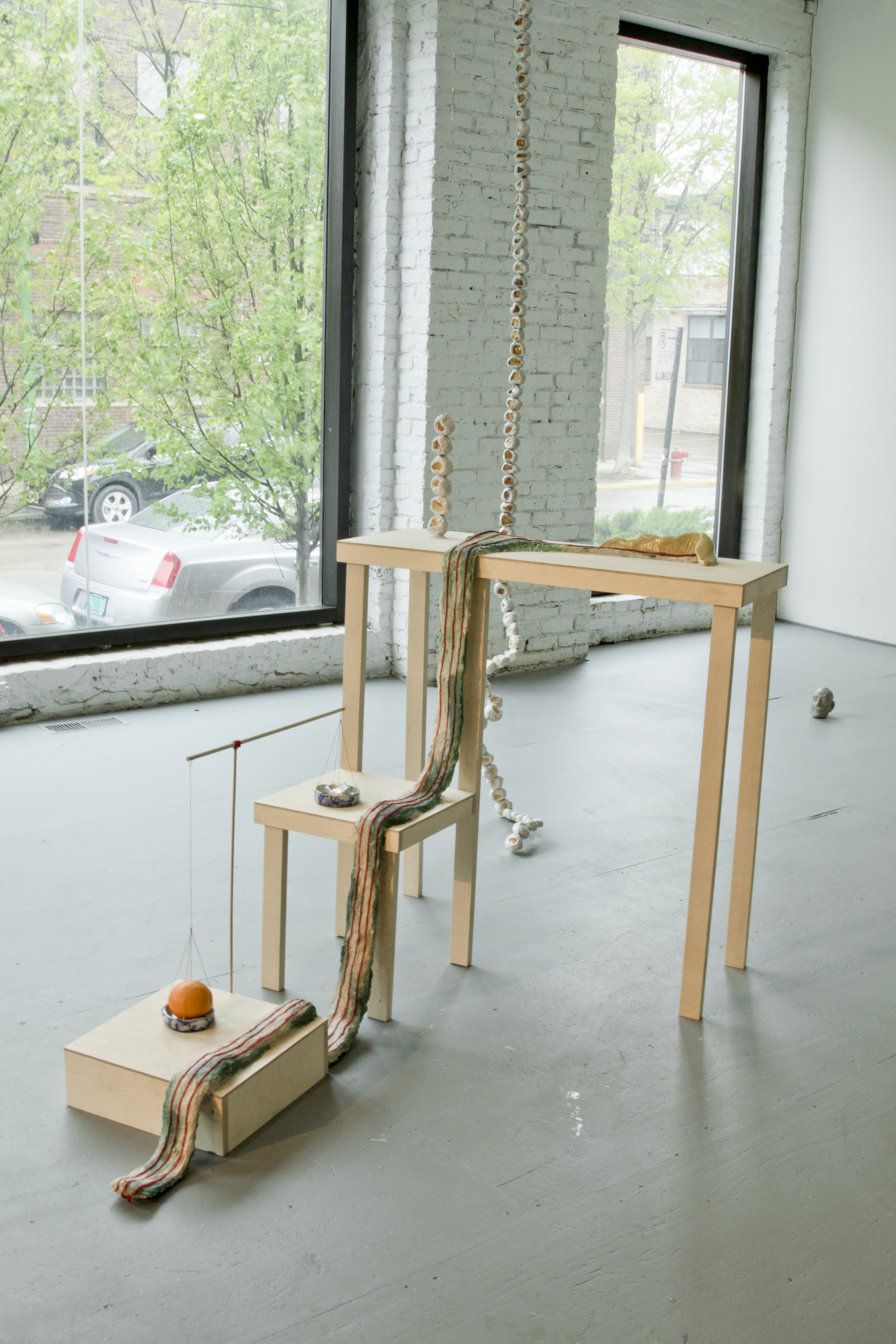
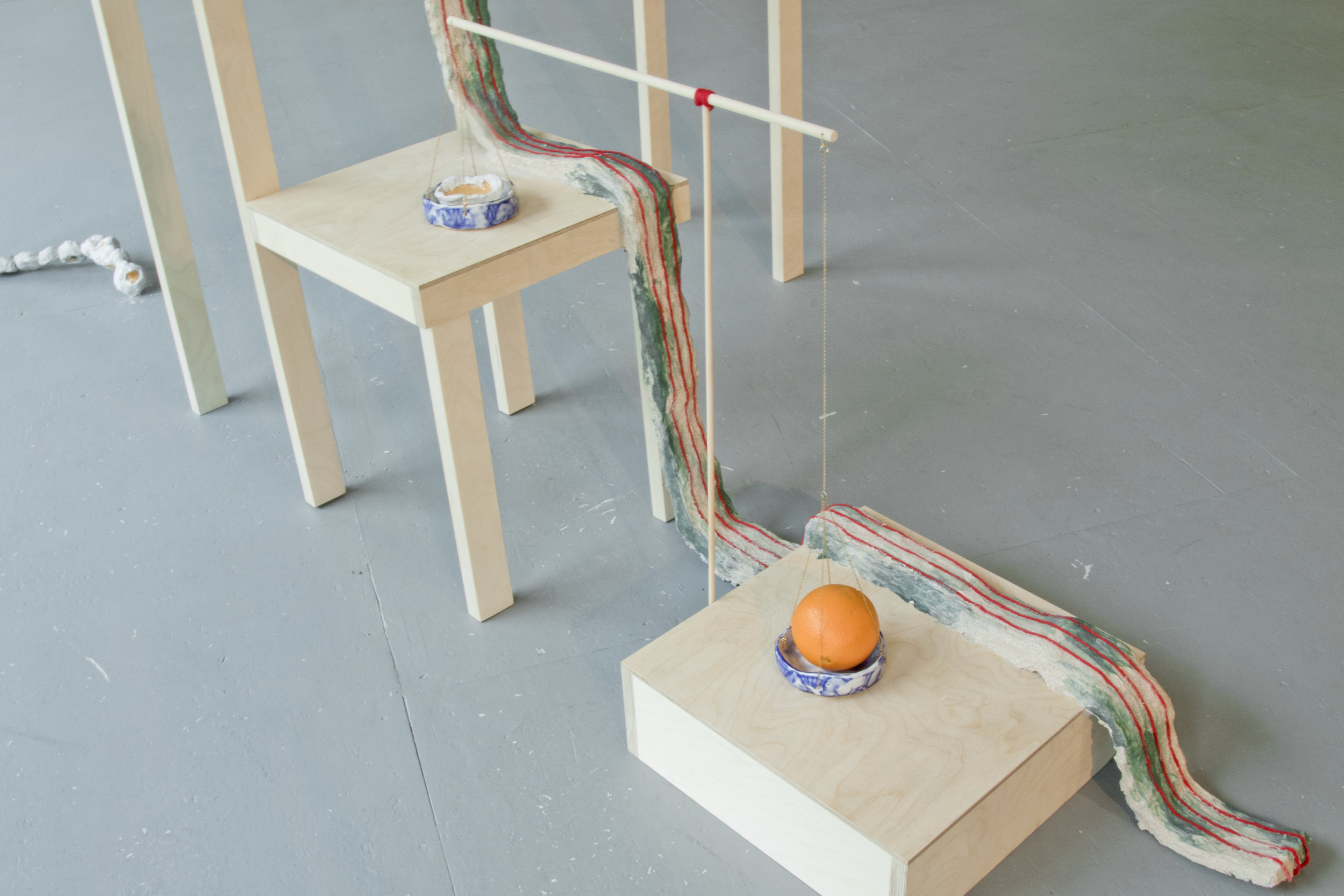
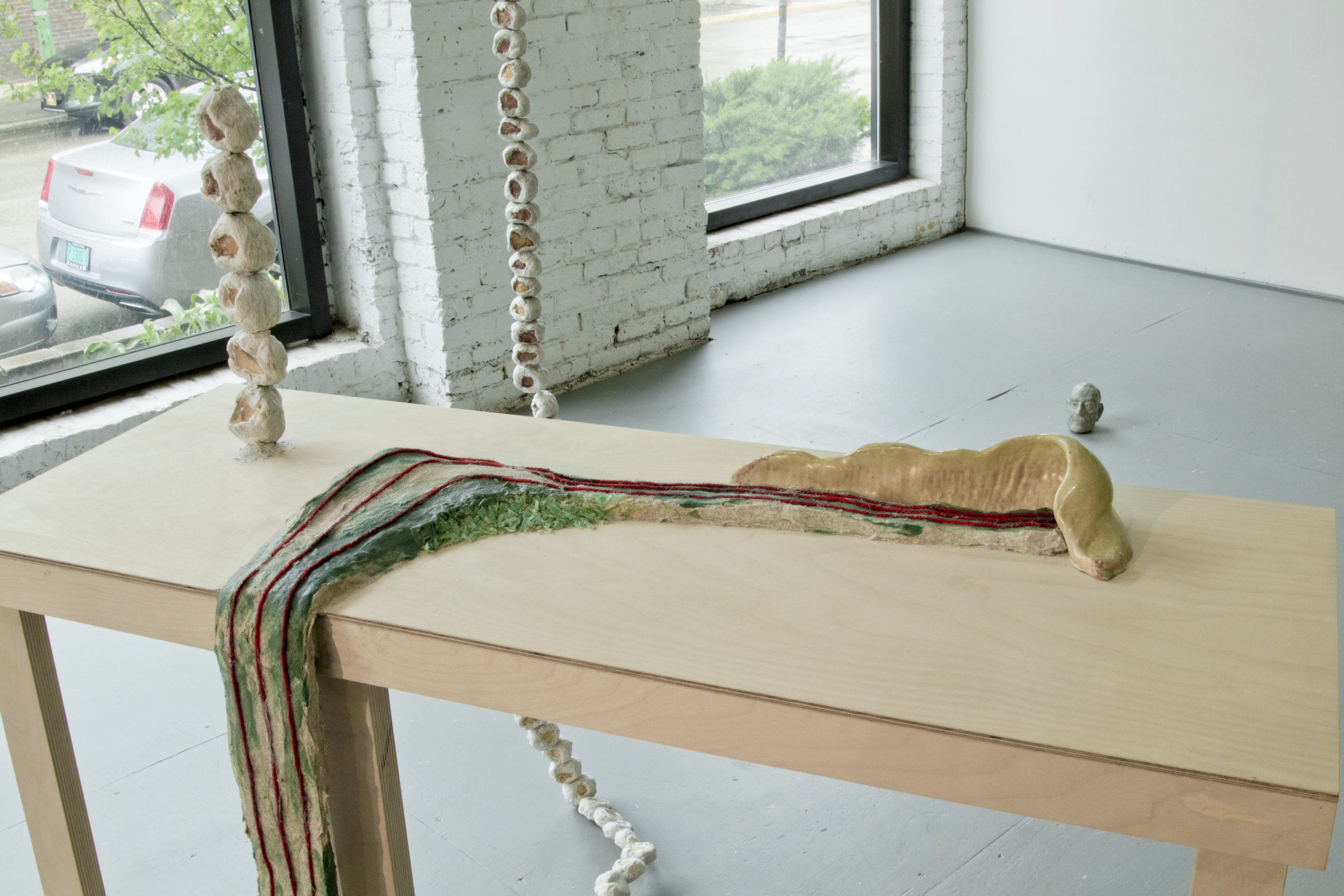
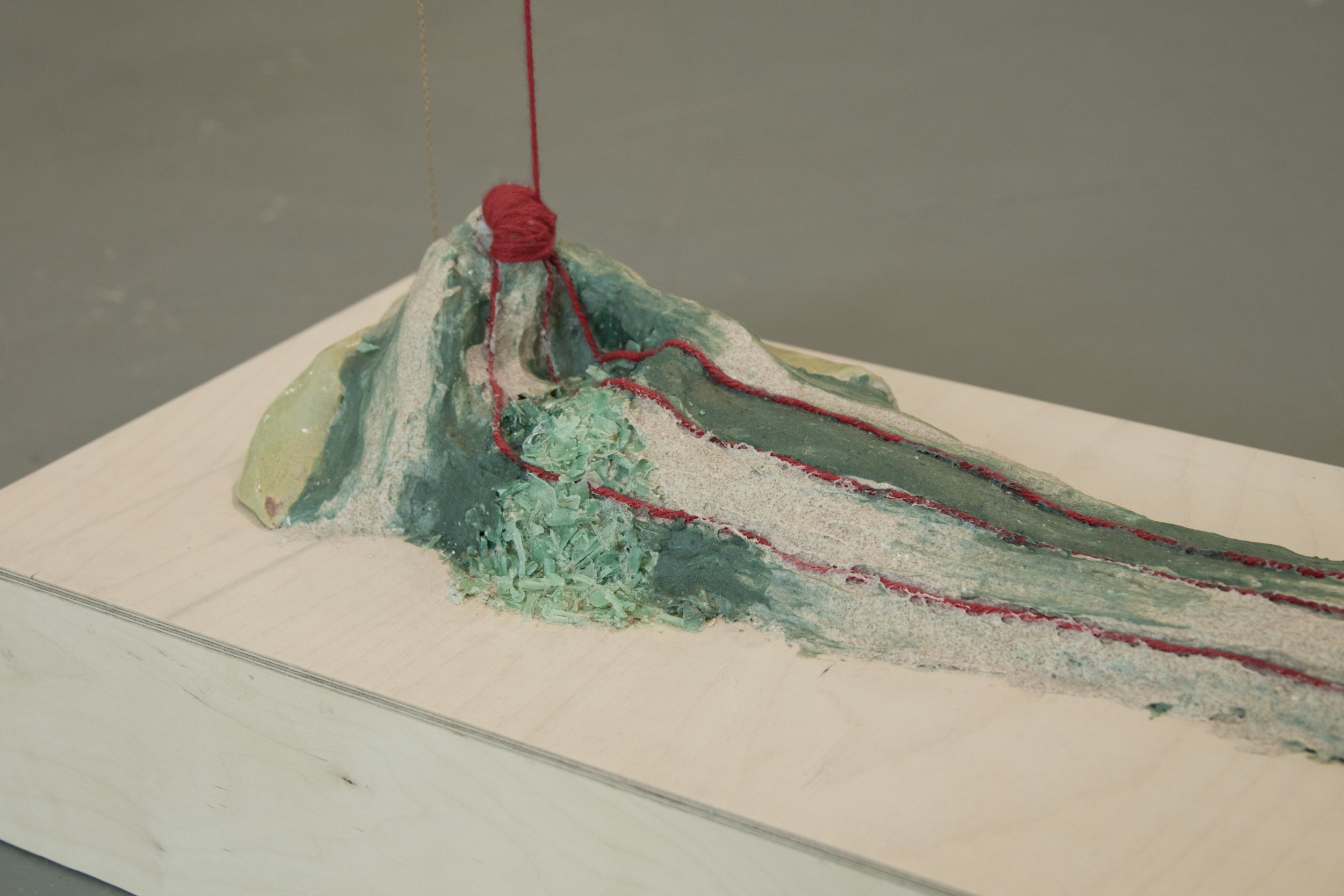
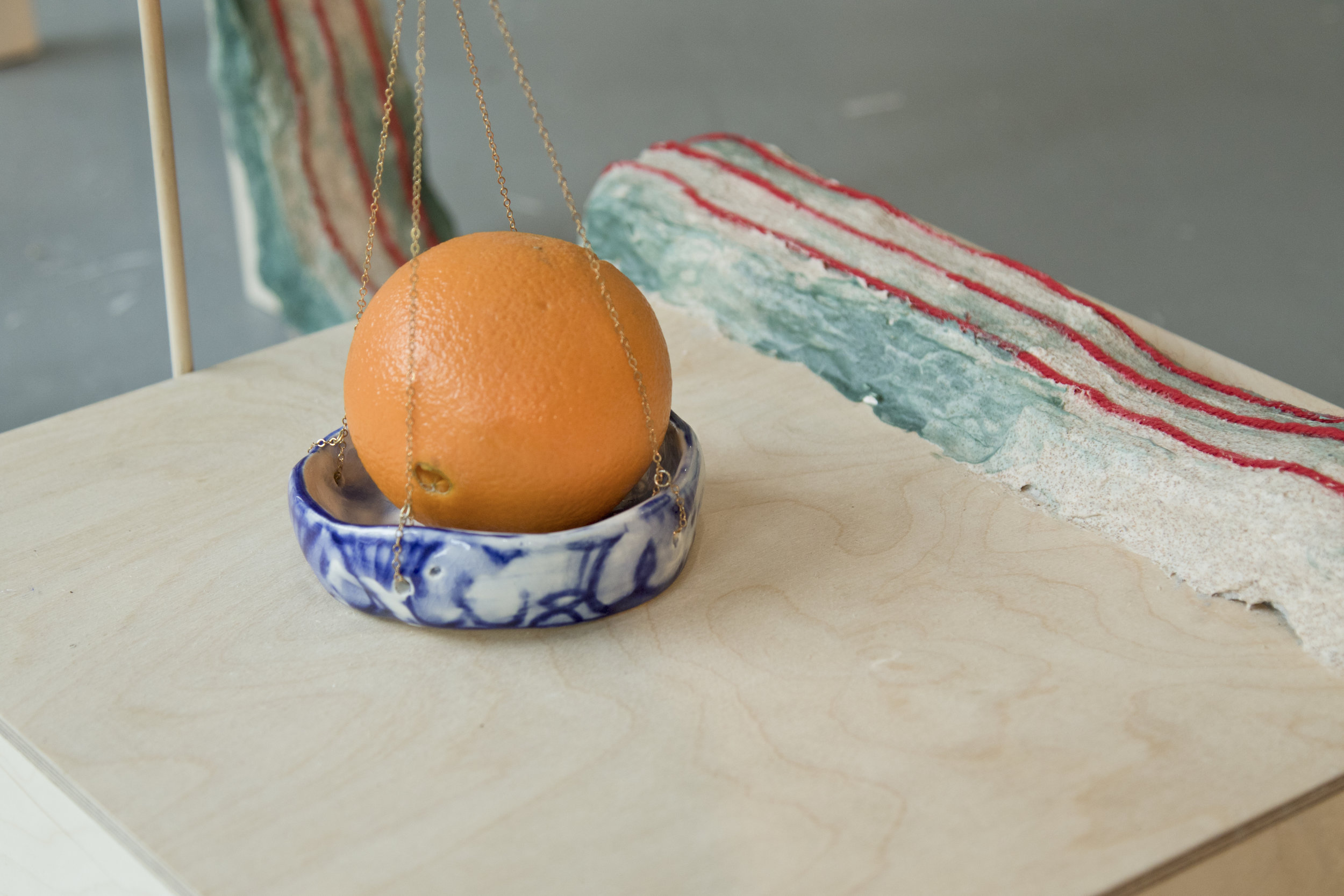
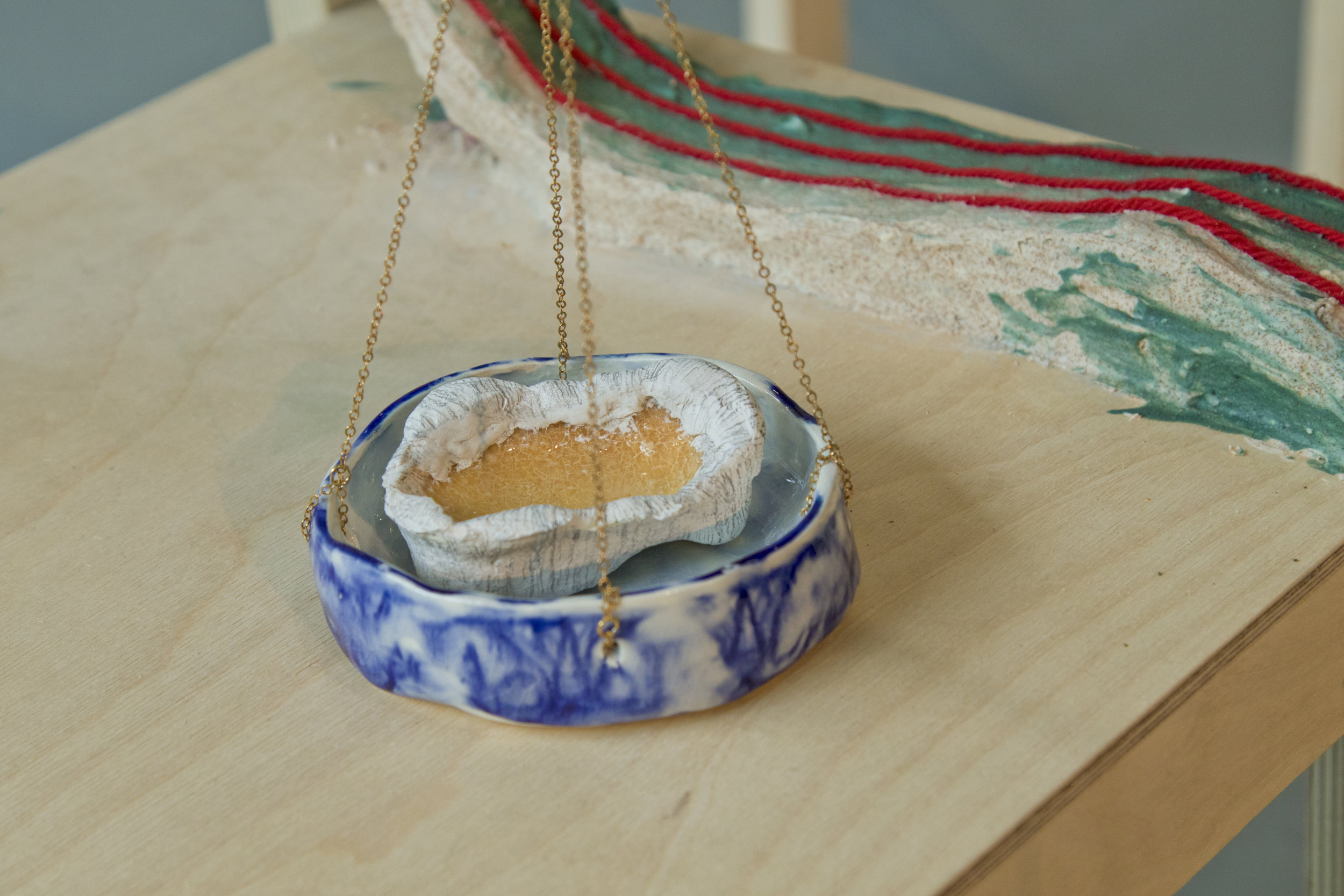
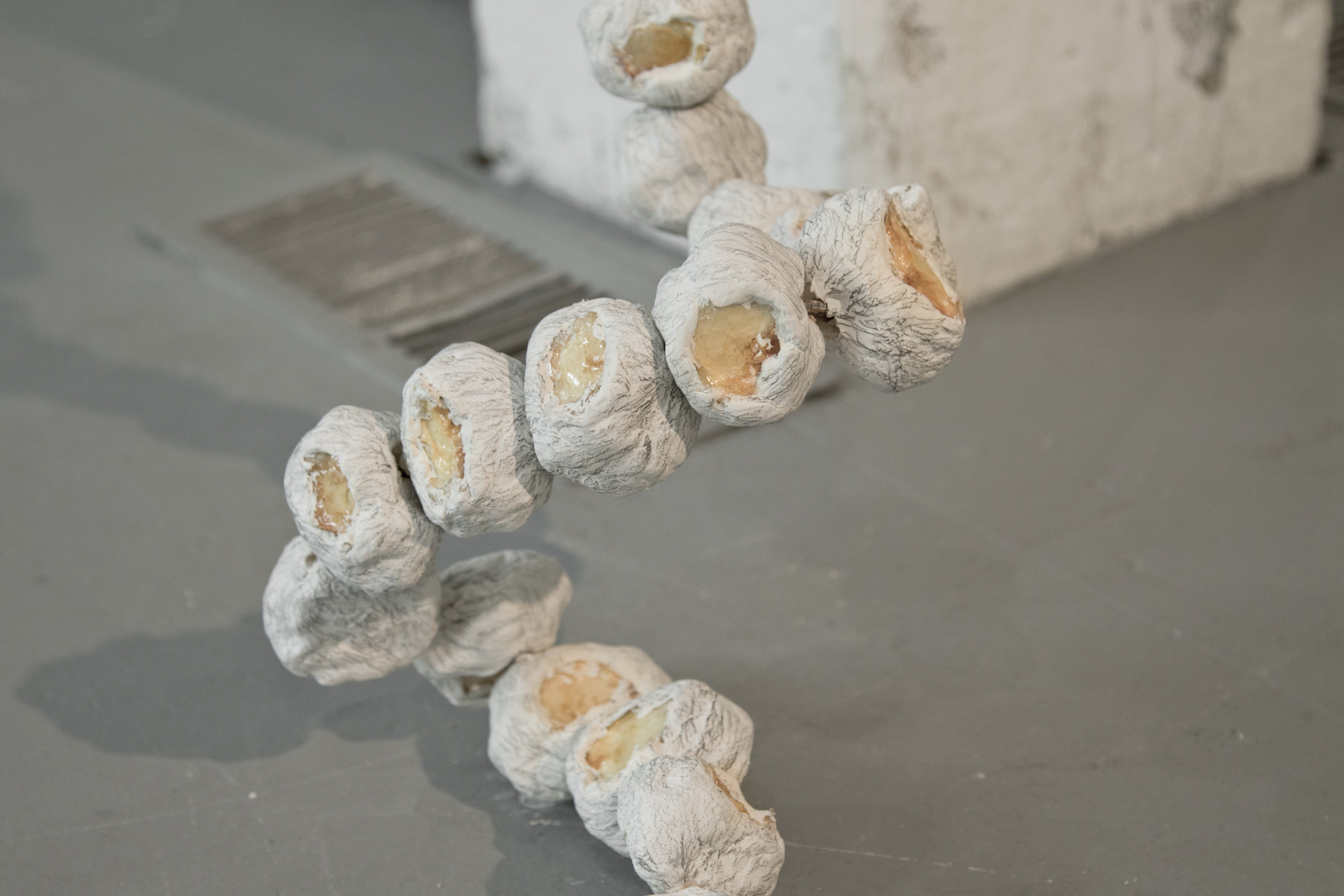
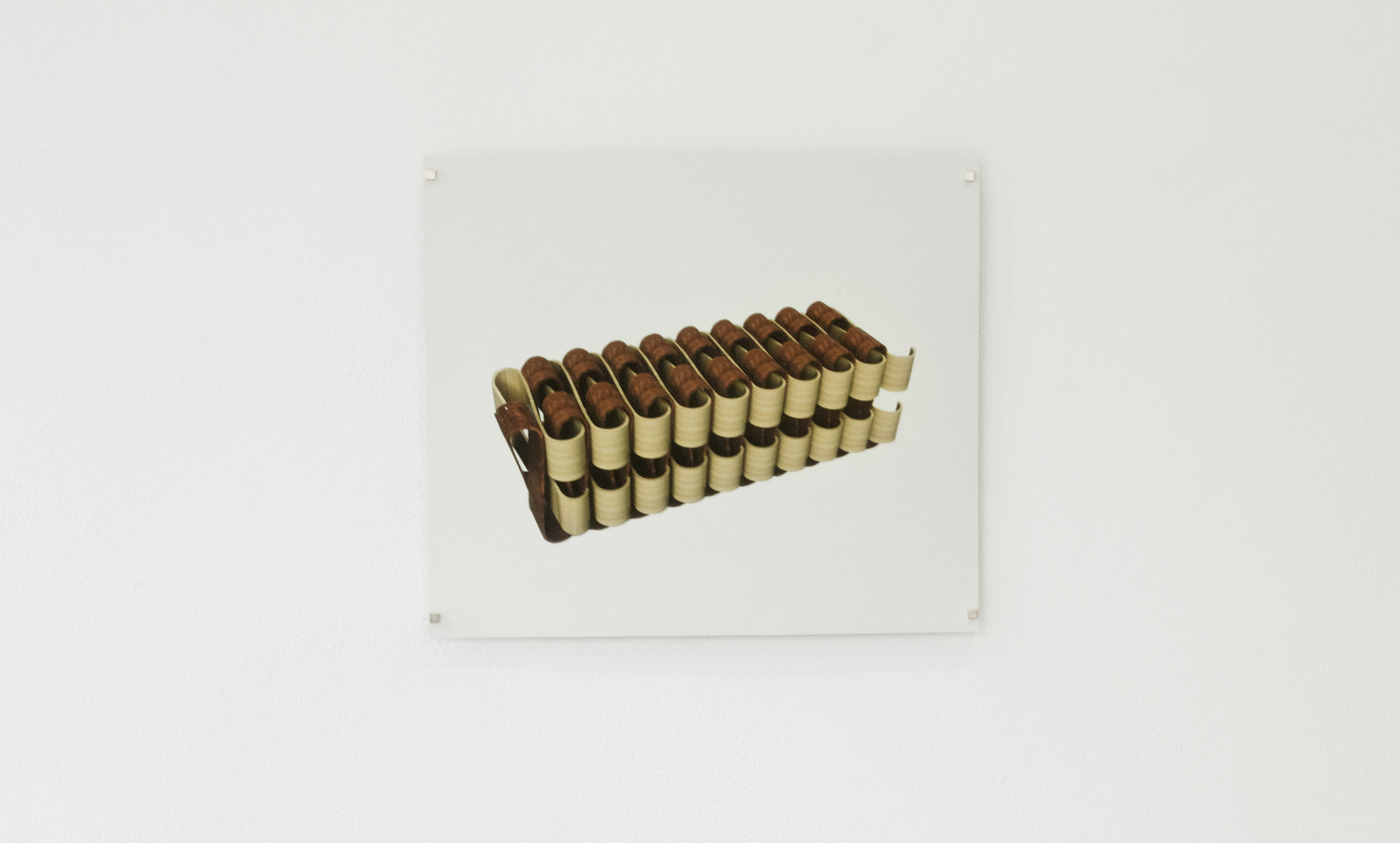
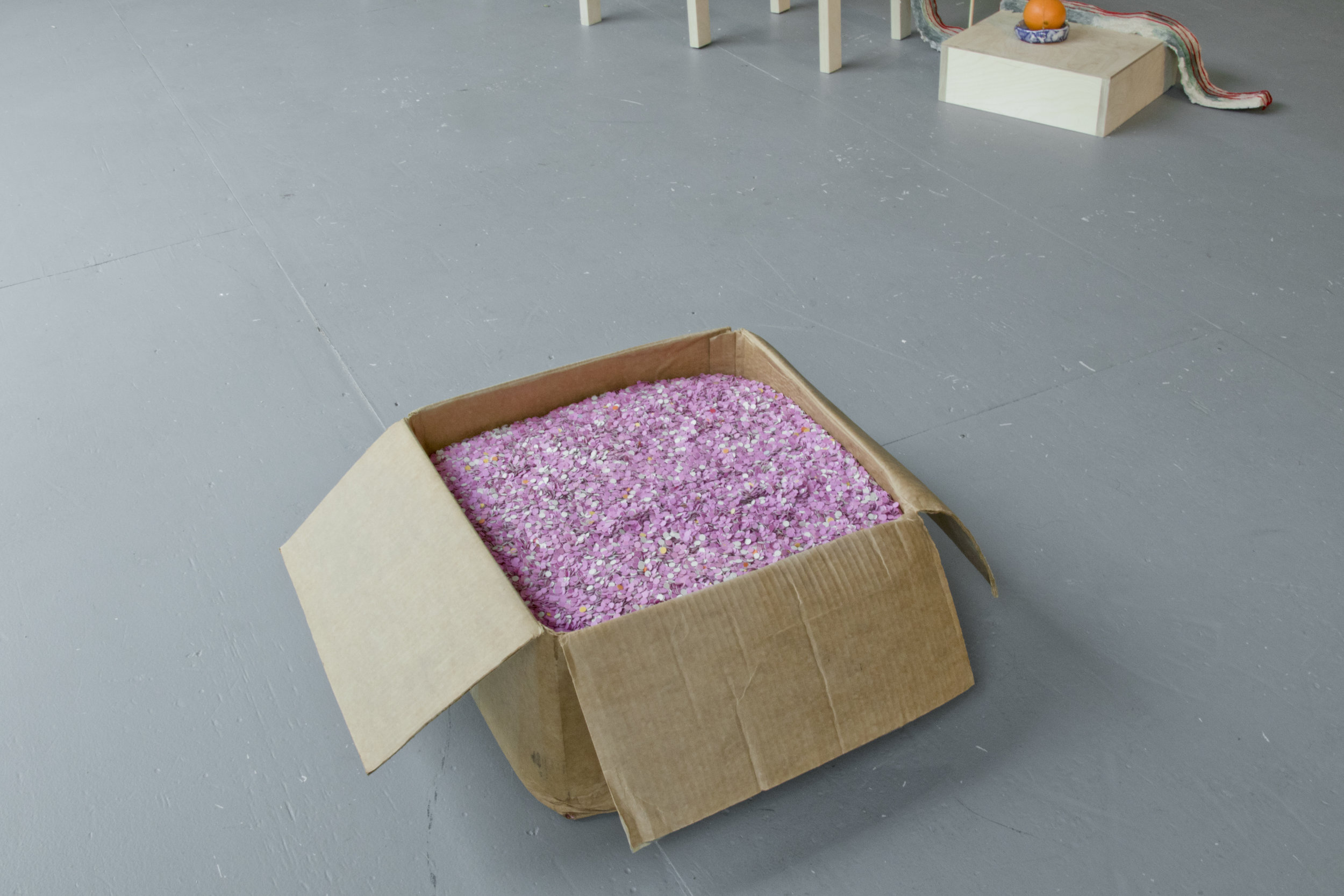
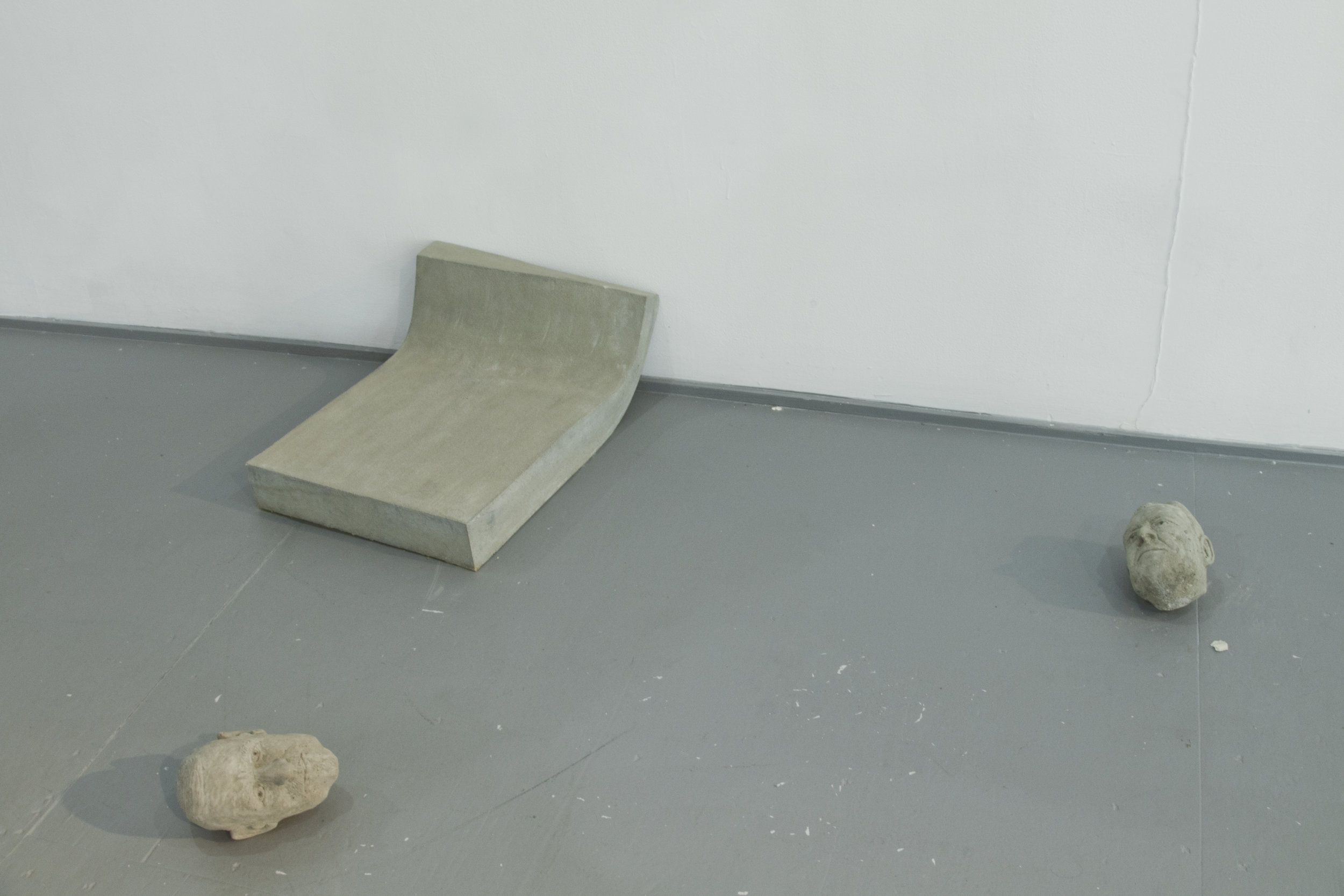
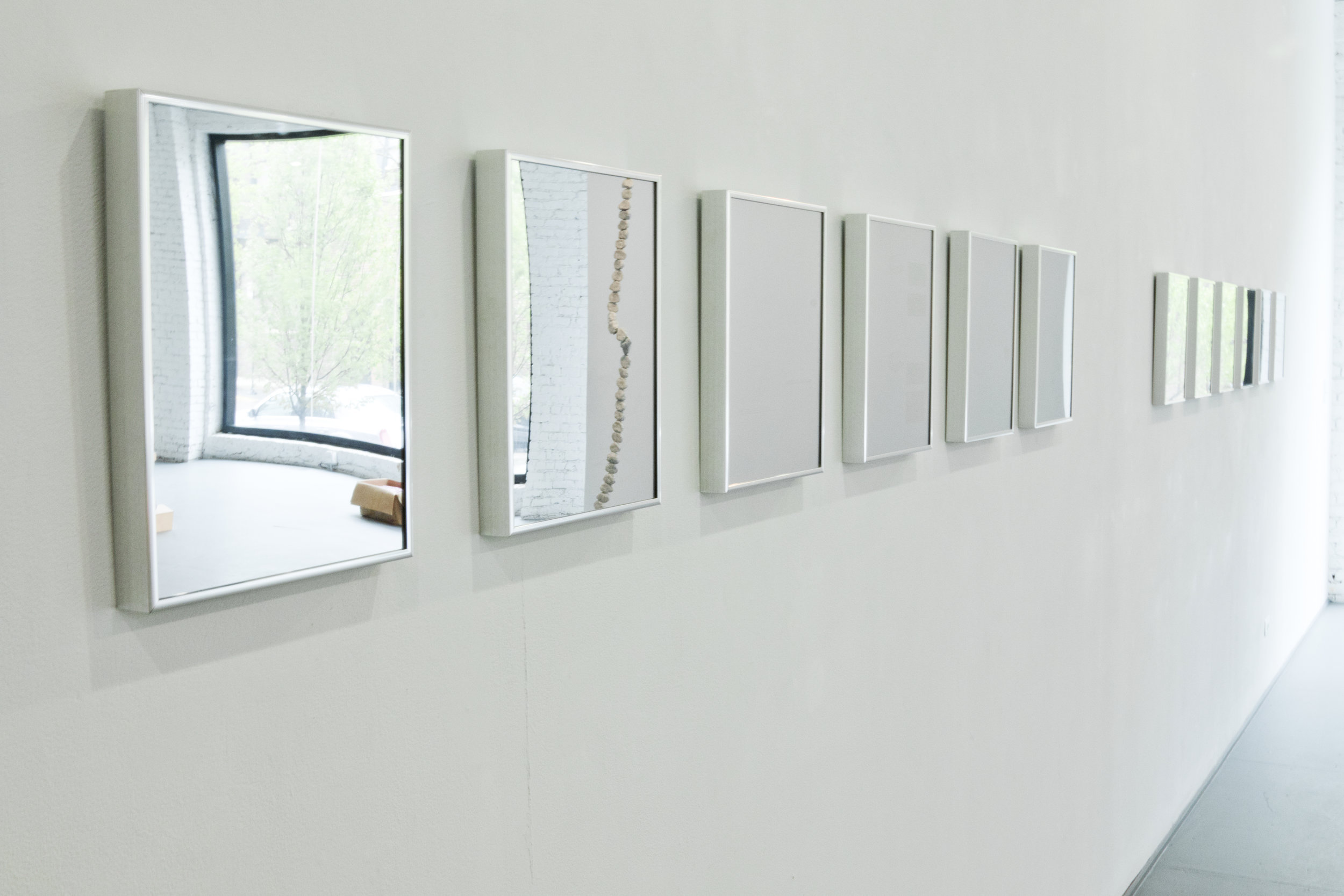
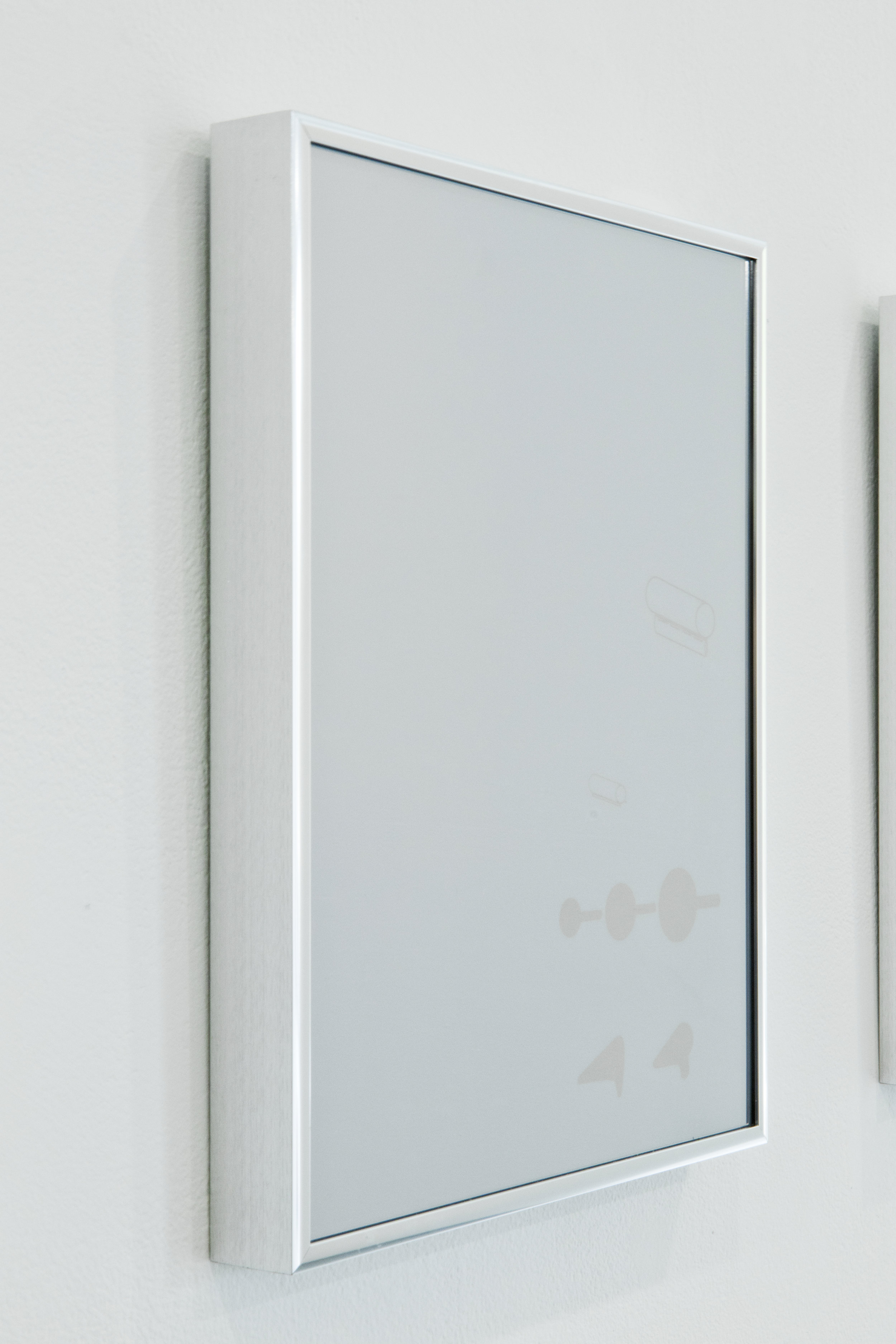
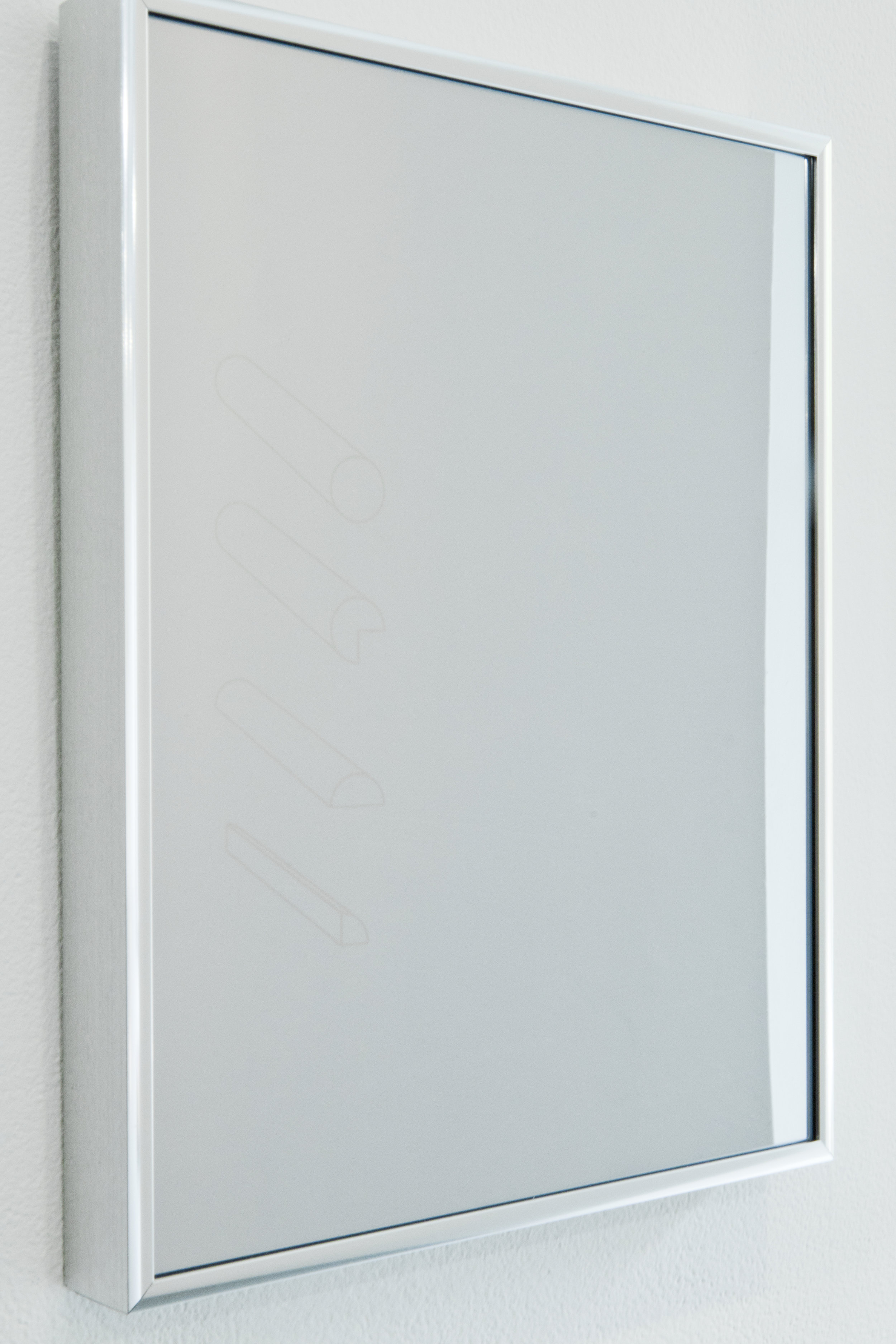
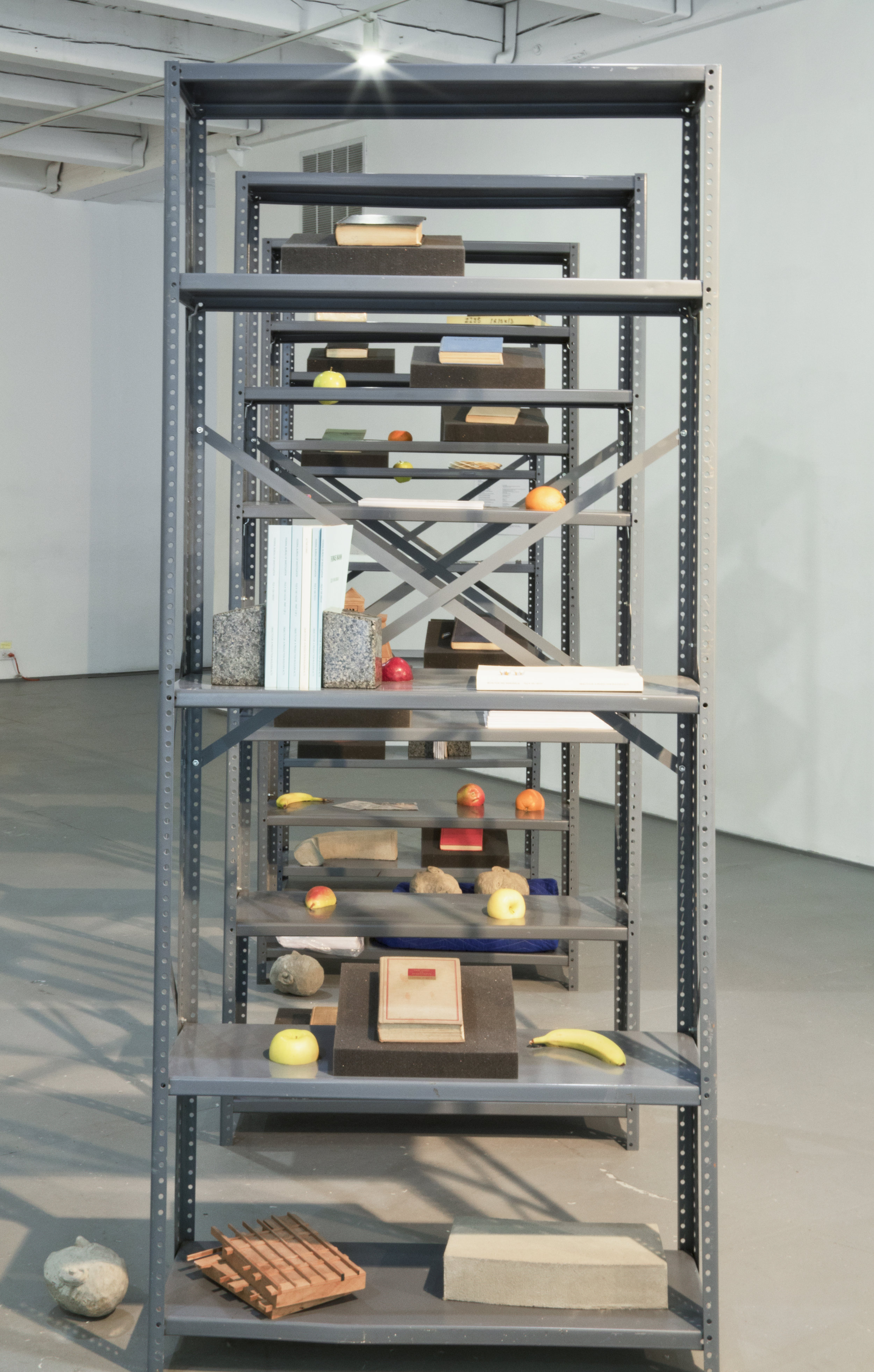
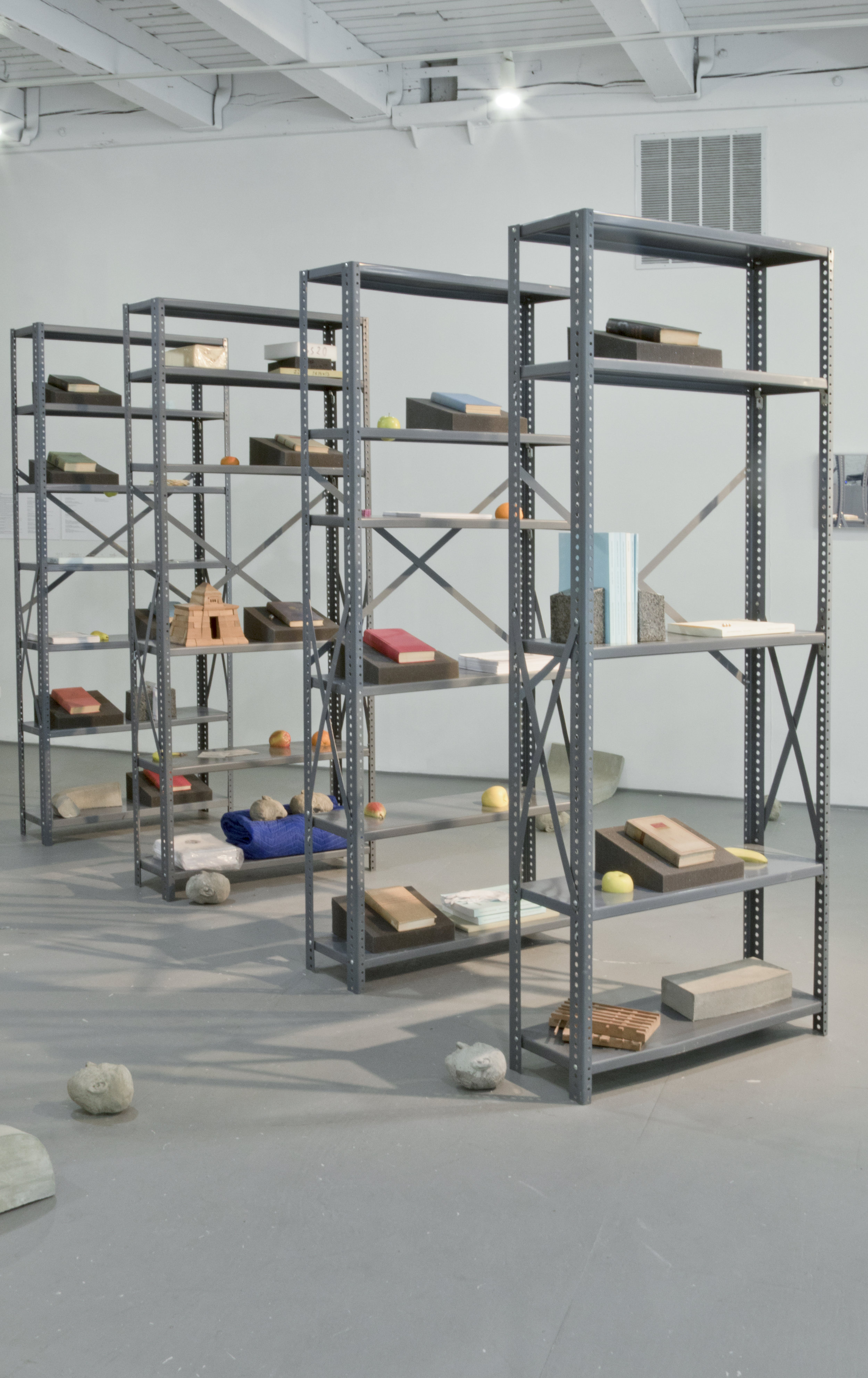
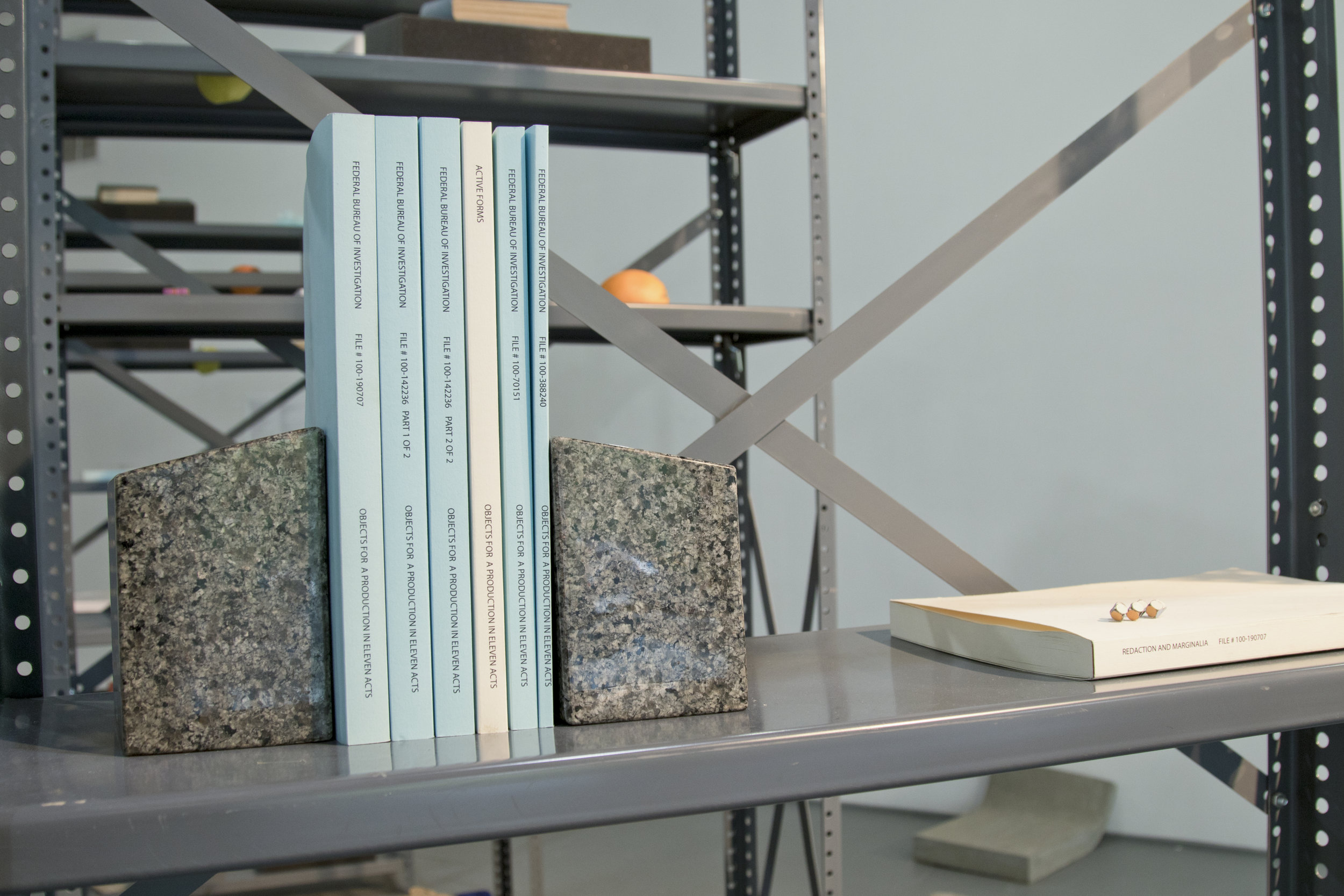
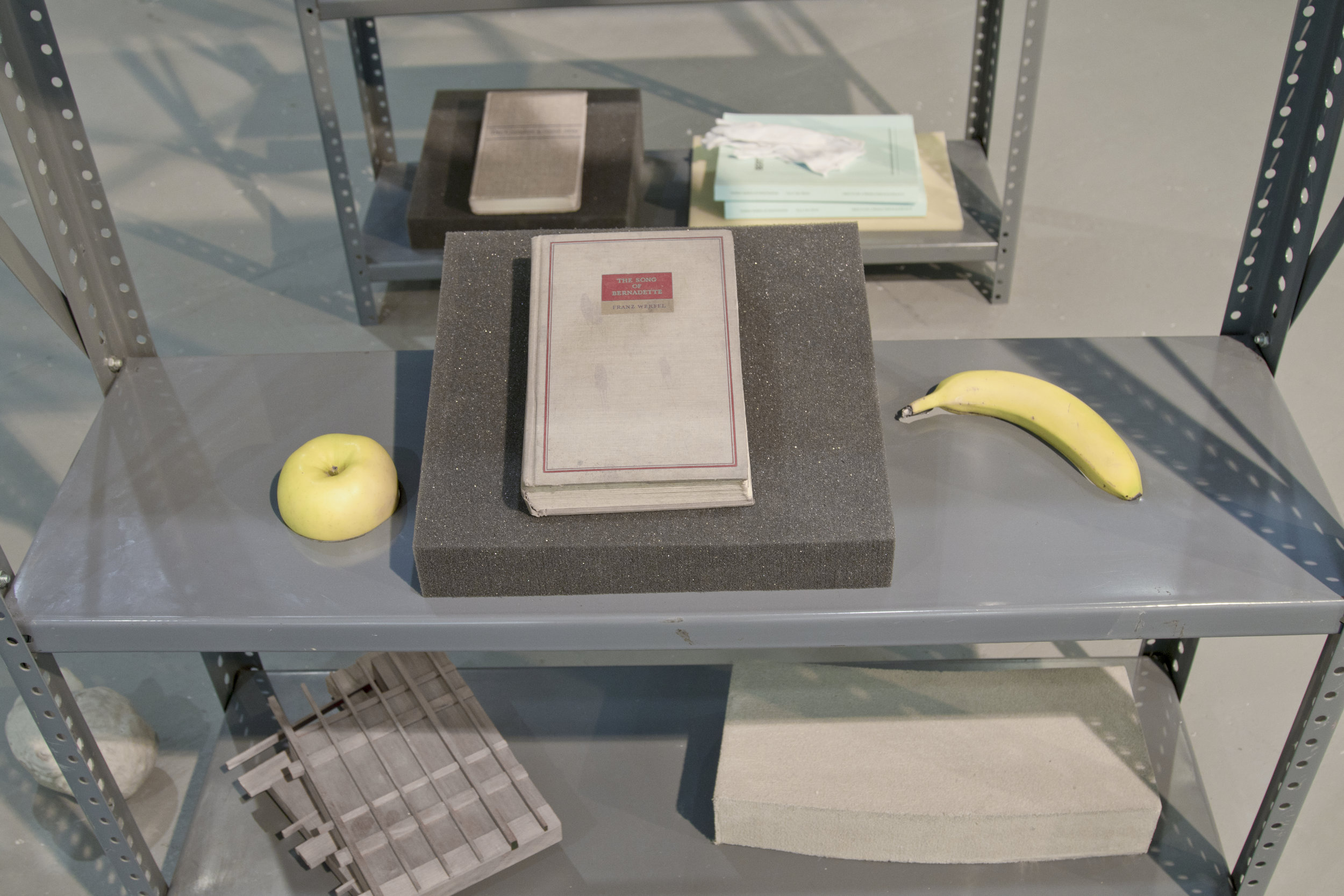
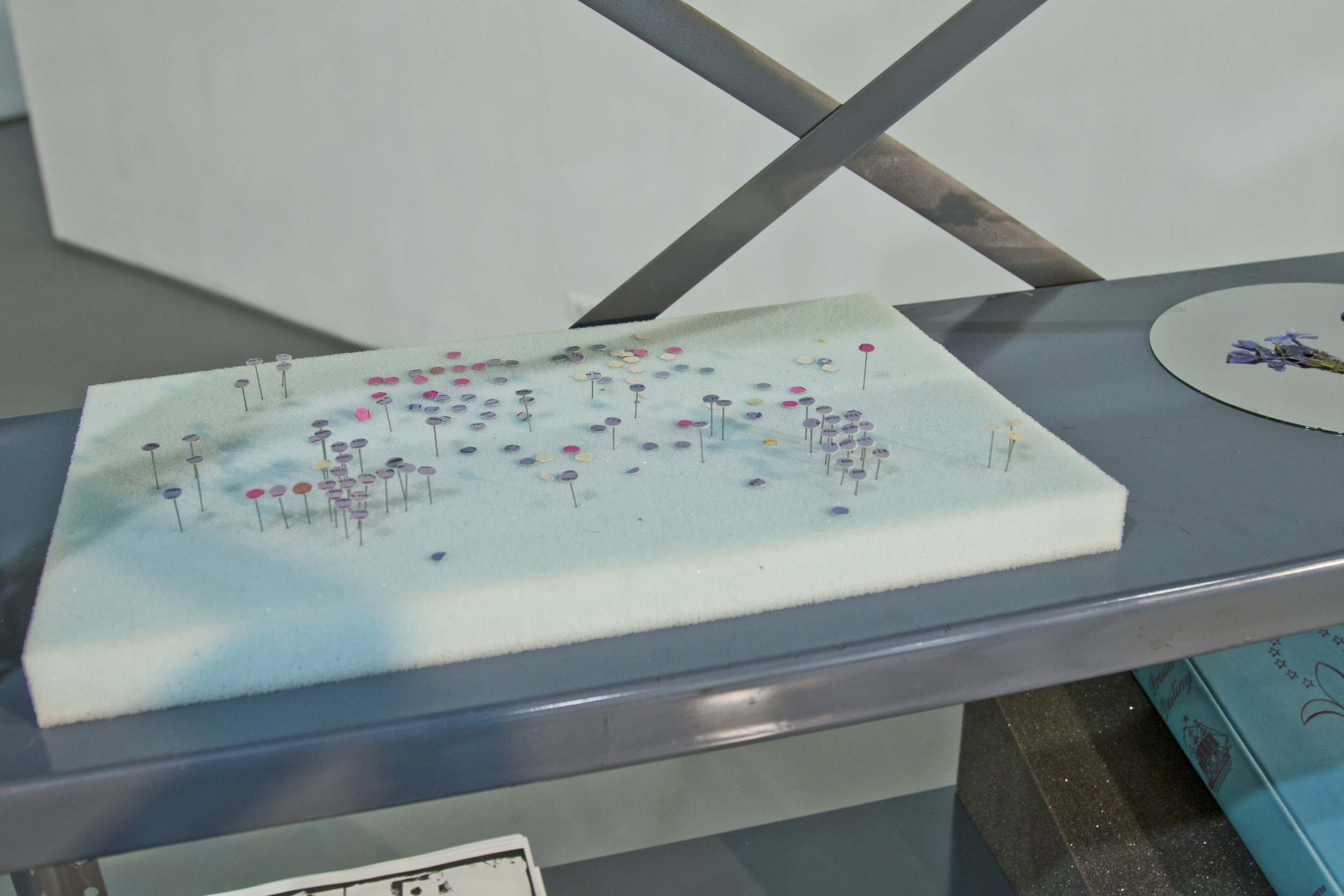
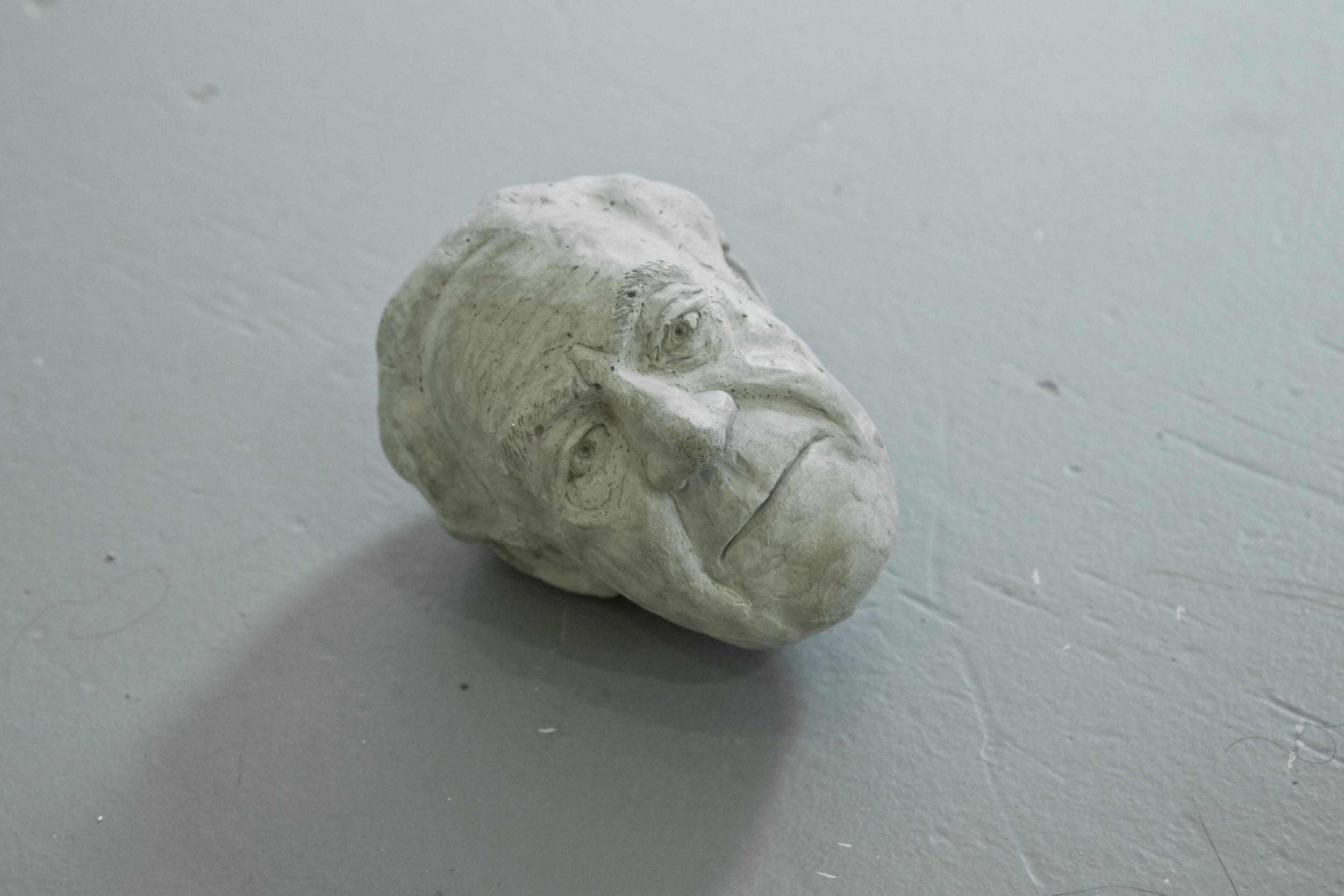
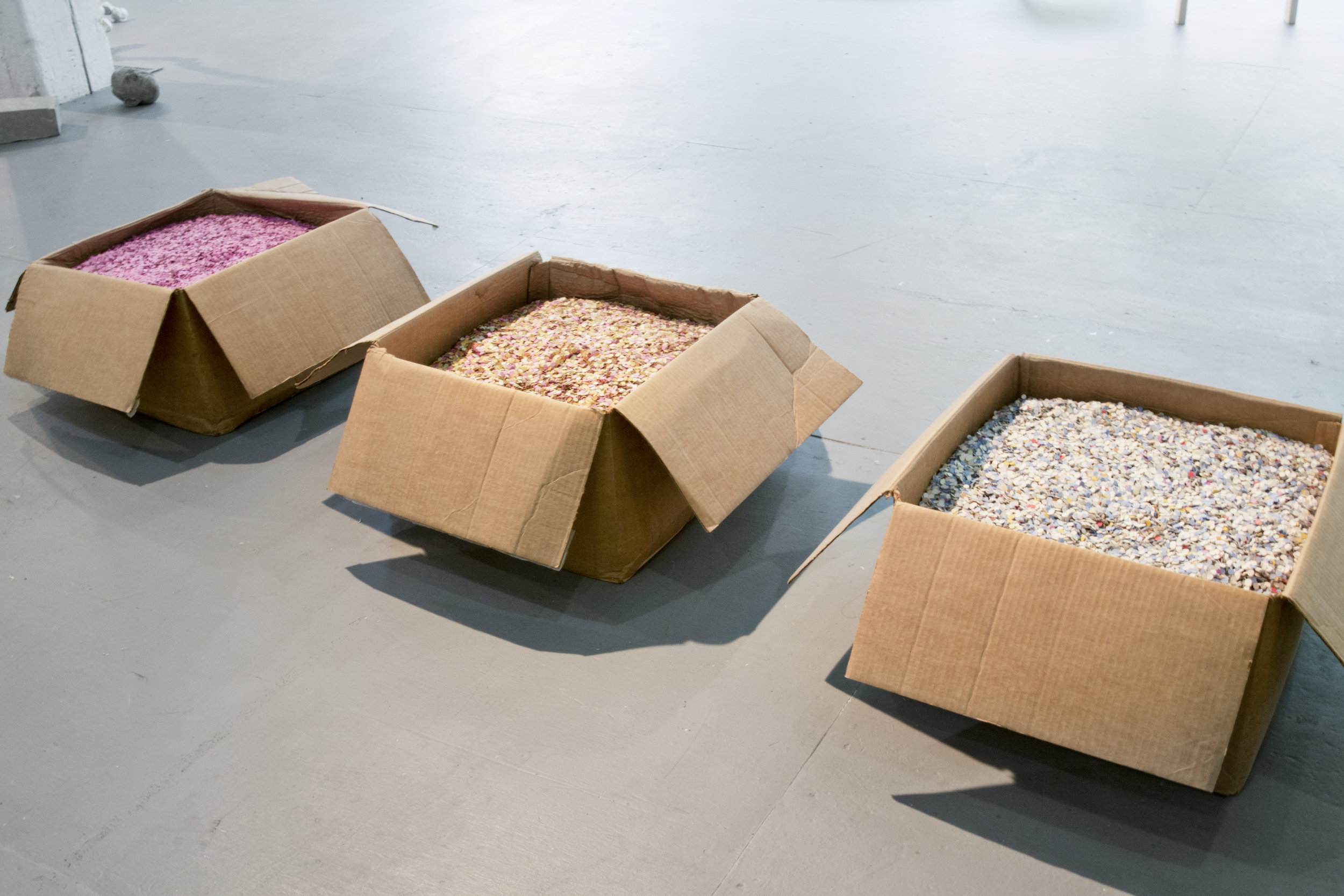
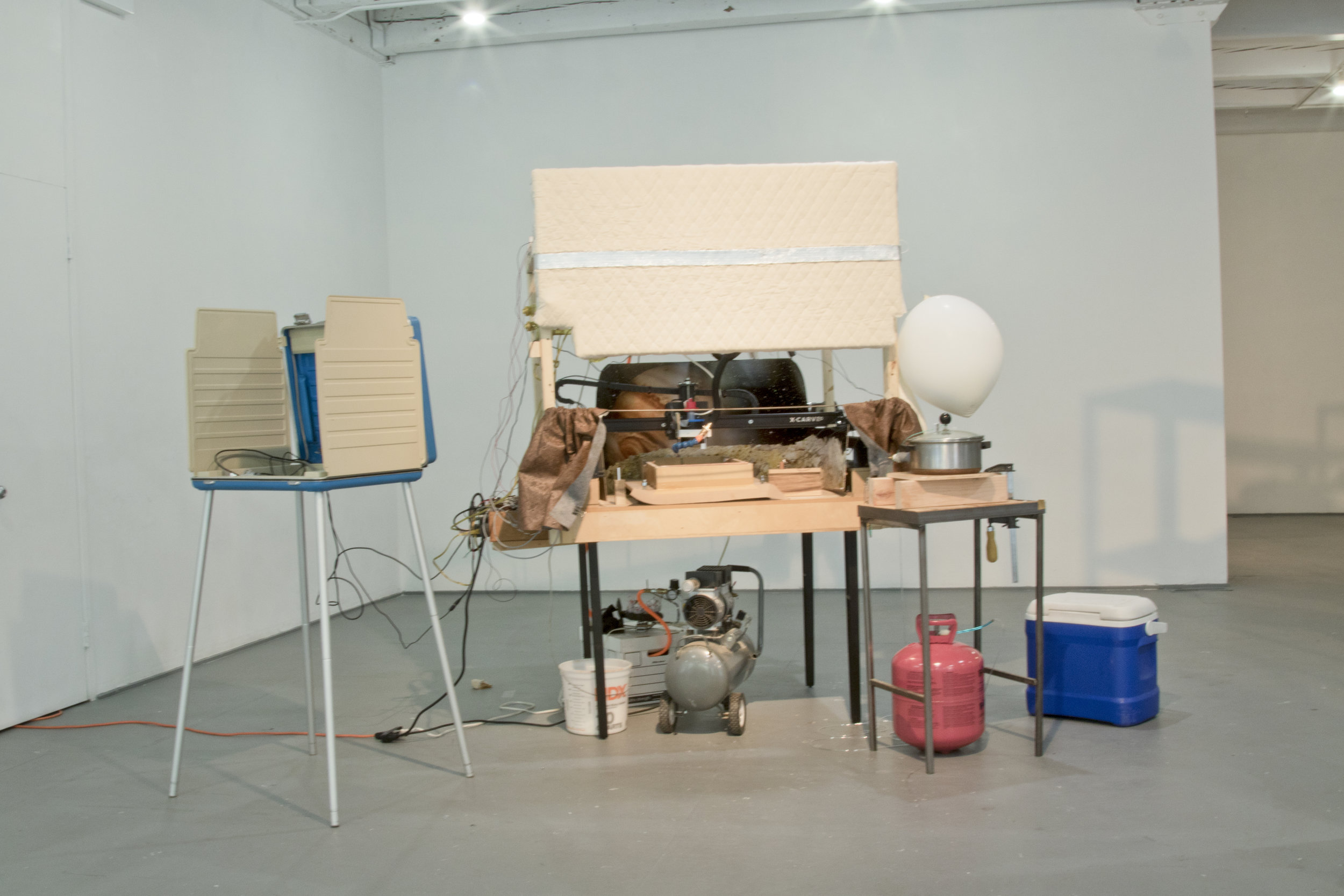
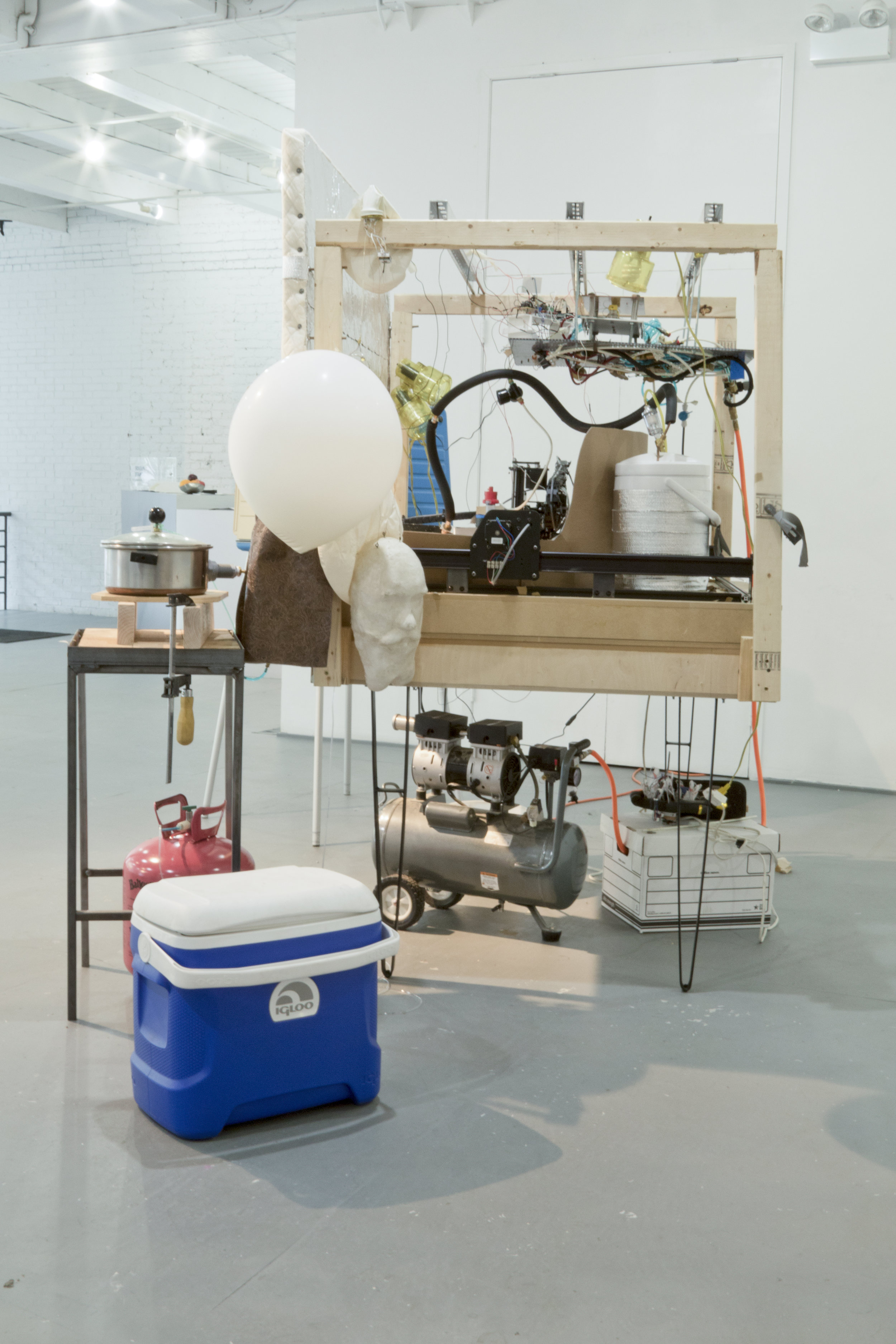
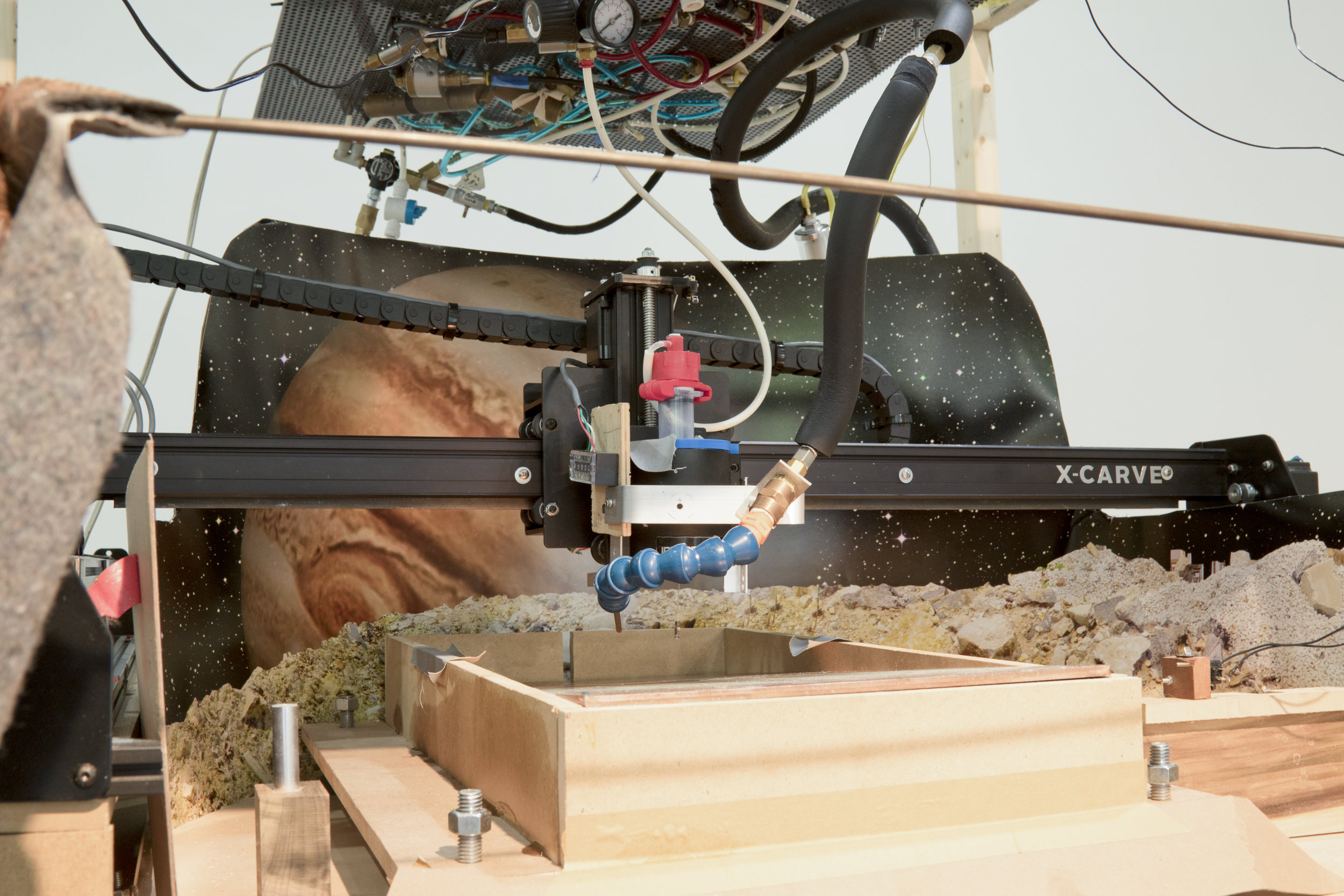
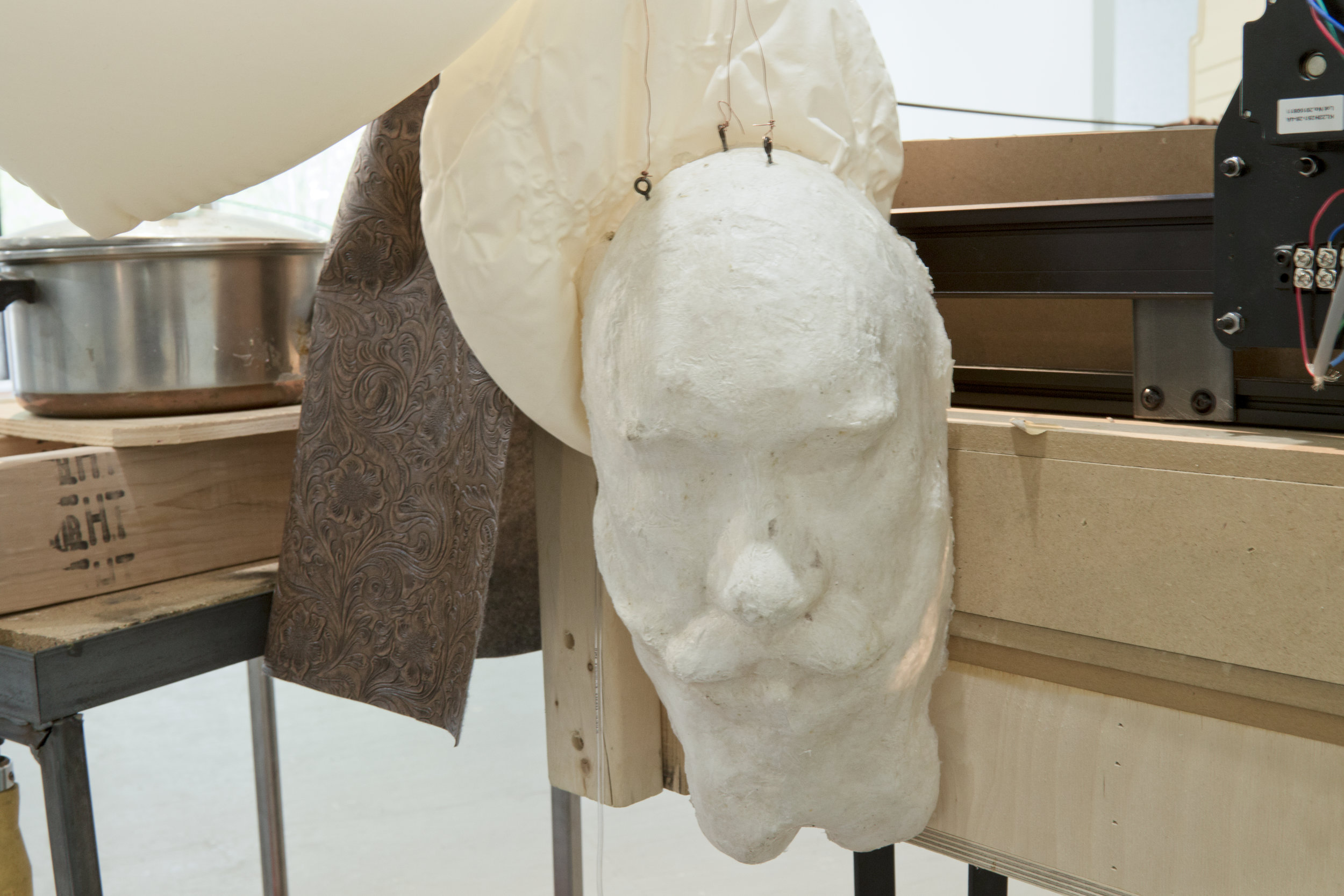
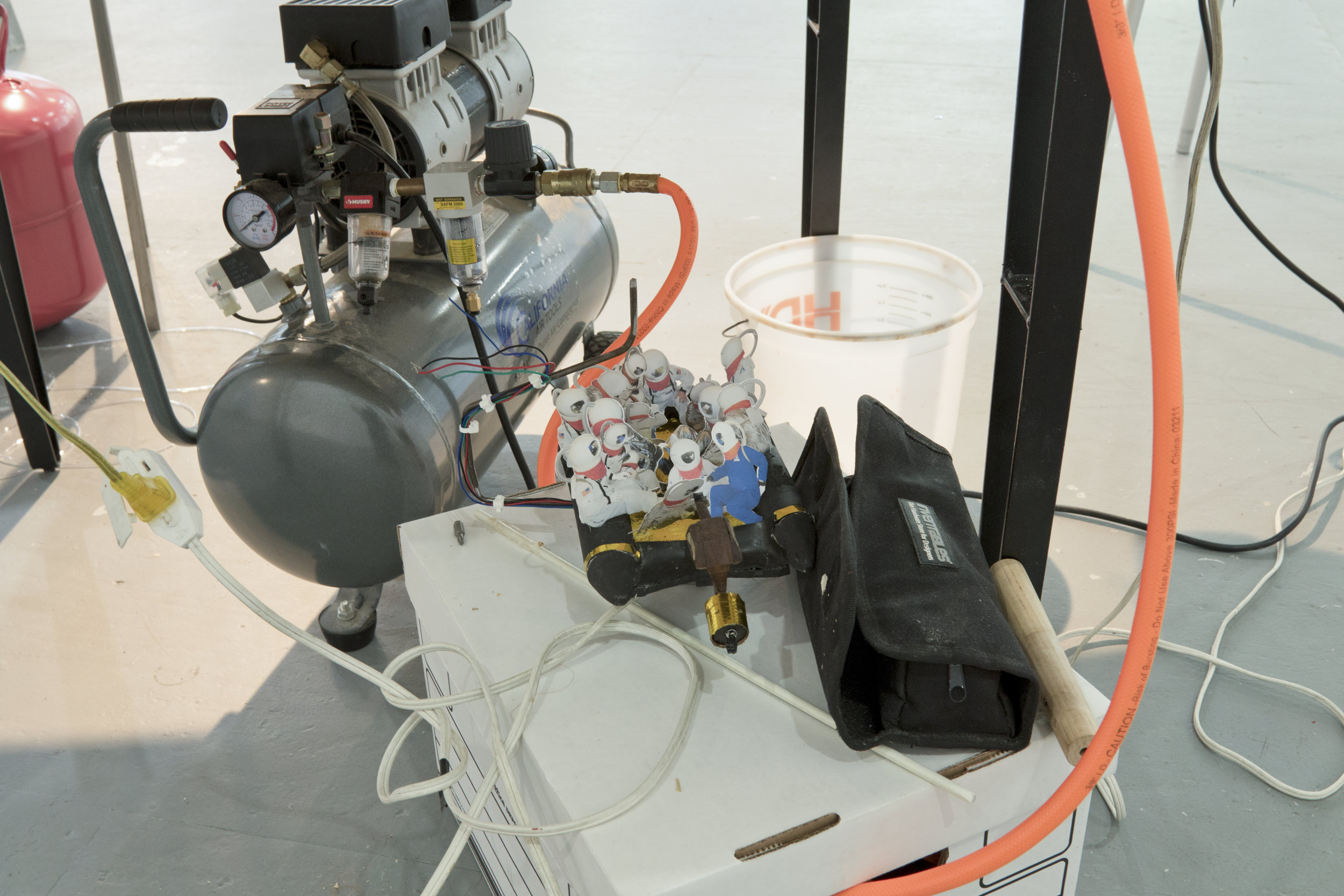
Gülsah Mursaloglu’s work emerged through observing improvised solutions with scant resources to everyday problems growing up in Turkey. The materials affinities she devises in her installations present images of both utility and absurdity, carefully deconstructing object-use semiotics and reconstructing combinations totaling more than the sum of their parts. The work presented here focuses on membranes as a spatial paradigm – thin barriers between this and that – emphasizing the relative slowness and fluidity implied by interactions of organic and inorganic materials.
Jeff Prokash delves into the problems and questions presented by the expanding nature of archives. His work intertwines public and private knowledge material. Simultaneously presenting, for instance, historical accounts of persecuted intellectuals as well as sentimental personal effects, Prokash endlessly encounters the problem of infinite variation and seeks solutions through formal and intuitive connections.
Andrew Barco’s kinetic sculpture presents a play in three acts. Its protagonists are seeking a utopian future in a speculative beyond. A complicated mechanical system performs remarkably simple and poetic gestures. The convoluted mass of wires and tubing that make up the play’s stage set speak to an optimistic but tenuous ethos, a present-day vision of a better future than our current situation affords.